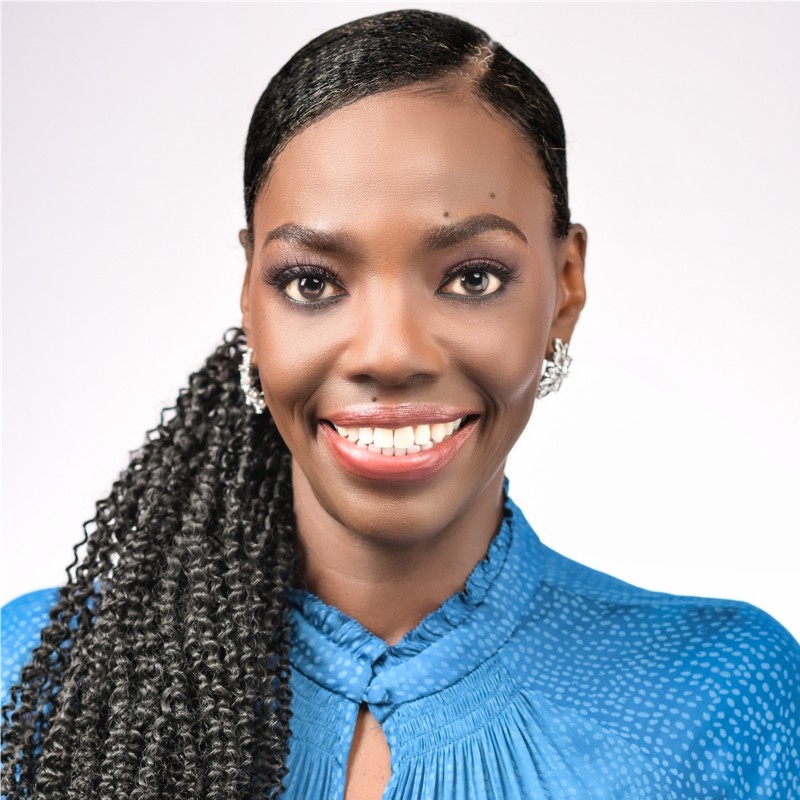What does it take to be a leader in clinical trials right now? With over 30 years of clinical research experience, Dr. Karen Correa, PhD, BCMAS, Vice President, Head of Global Clinical Operations at Takeda, is undoubtedly an authority on the topic of leadership in this complex and unpredictable industry.
To tap into this knowledge, Xtalks recently spoke with Dr. Correa about her journey through the clinical research industry and what drew her to Takeda. She discusses the biggest challenges in her role and provides some predictions on what the space will need to adapt to in the coming years. And as an advocate for women in STEM, Dr. Correa shares what she sees as the way forward for a more diverse working environment in clinical research.
Read on to understand what strong leadership means in the clinical trials arena. And to learn about how you can find solutions to leadership-based challenges in clinical operations alongside Dr. Correa and other high-level professionals in this field, check out our upcoming Xtalks Clinical Trial Leadership Peer Circle.
Could you start by telling us about your experience in clinical research?
Dr. Karen Correa: I’ve had the opportunity to work within clinical research for 31 years in a multitude of roles, from the lab bench to investigative sites, CROs and within multiple pharmaceutical companies, both large and small.
What prompted you to join Takeda?
Dr. Karen Correa: Takeda, in particular, has been an incredible experience for me. After working in the industry for so long, I discovered what motivates me. At this point in my career, I am driven by the culture of an organization, and Takeda embodies the type of culture that I wanted to be a part of after all these years. That was my leading indicator that this was the right organization for me to join.
I know you’re passionate about being a role model for women pursuing STEM careers. Are there any major barriers that you see that prevent women from working in the sciences? How do you think those barriers could be broken down?
Dr. Karen Correa: I am extremely motivated to help women in STEM careers because I believe, as young girls, many of us are not encouraged to consider careers in science and technology. Now I have the opportunity to show that we can excel in these spaces. One significant barrier is the lack of representation of women at executive levels.
To break down these barriers, two critical factors are essential. First, when we do have young women at executive levels, they need to become strong advocates for other women. Second, men must also play a role in promoting women and opening doors for them. By having more women at higher levels, we can encourage more women to enter and thrive in these fields.
XTALKS PEER CIRCLE: Clinical Trial Leadership Peer Circle
Members of this Peer Circle will gain access to other leaders in clinical operations and form a mini think tank to help solve pressing issues that they are facing in managing trials.
You’re the chairperson for our upcoming Clinical Trial Leadership Peer Circle. What do you think makes someone a leader in the clinical trials space?
Dr. Karen Correa: In the clinical trials space, a leader is someone who is genuinely passionate and honest. True leadership isn’t about a “my way or the highway” approach; it’s about elevating and supporting others. A leader wants to see others succeed and is committed to nurturing and developing their teams, from the administrative assistant to the CEO. By leading from the back, they gain a better view of gaps and opportunities and can find solutions that involve and empower people within the organization.
What’s your biggest challenge in your role as the head of global clinical operations at Takeda? Is it managing global teams, time and budgetary pressures, or something else?
Dr. Karen Correa: My greatest capability lies in managing global teams because I have a deep appreciation for people and genuinely care about them, which makes it easier to achieve our goals. For me, it’s not about “managing” people; it’s about “growing” and “developing” global teams.
However, I believe the biggest challenge we face is reacting to an ever-evolving environment. Our work occurs amidst various uncontrollable variables such as pandemics, health crises, financial challenges, and environmental issues, leading to time and budgetary pressures that are constantly changing.
What do you predict will be the next big challenge in clinical trials? How can those in ClinOps prepare and adapt?
Dr. Karen Correa: I predict that the evolution of technology will be the next significant challenge, which can also be seen as an opportunity. We must grow and adapt as fast as our technology to more fully leverage its potential. However, a critical aspect is ensuring that everyone involved, including patients and marginalized communities, can keep up with the advancements. This will require proactive efforts to adopt and utilize new technologies and bridge disparities within the global community.
In ClinOps, we need to consider the broader scope of STEM and strengthen the “T” in technology to advance medicine, work smarter, and enhance patient care.
Anything else you’d like to add?
Dr. Karen Correa: I think that bringing together like-minded people with diverse backgrounds who have a passion to lead clinical trials to the next level is nothing but an opportunity for us to grow as an industry.
As the Chairperson for the Xtalks Clinical Trials Leadership Peer Circle, Dr. Correa will be using her experience to help shape the discussions during this six-meeting program. Learn more about how you can participate in this exclusive networking group.














Join or login to leave a comment
JOIN LOGIN